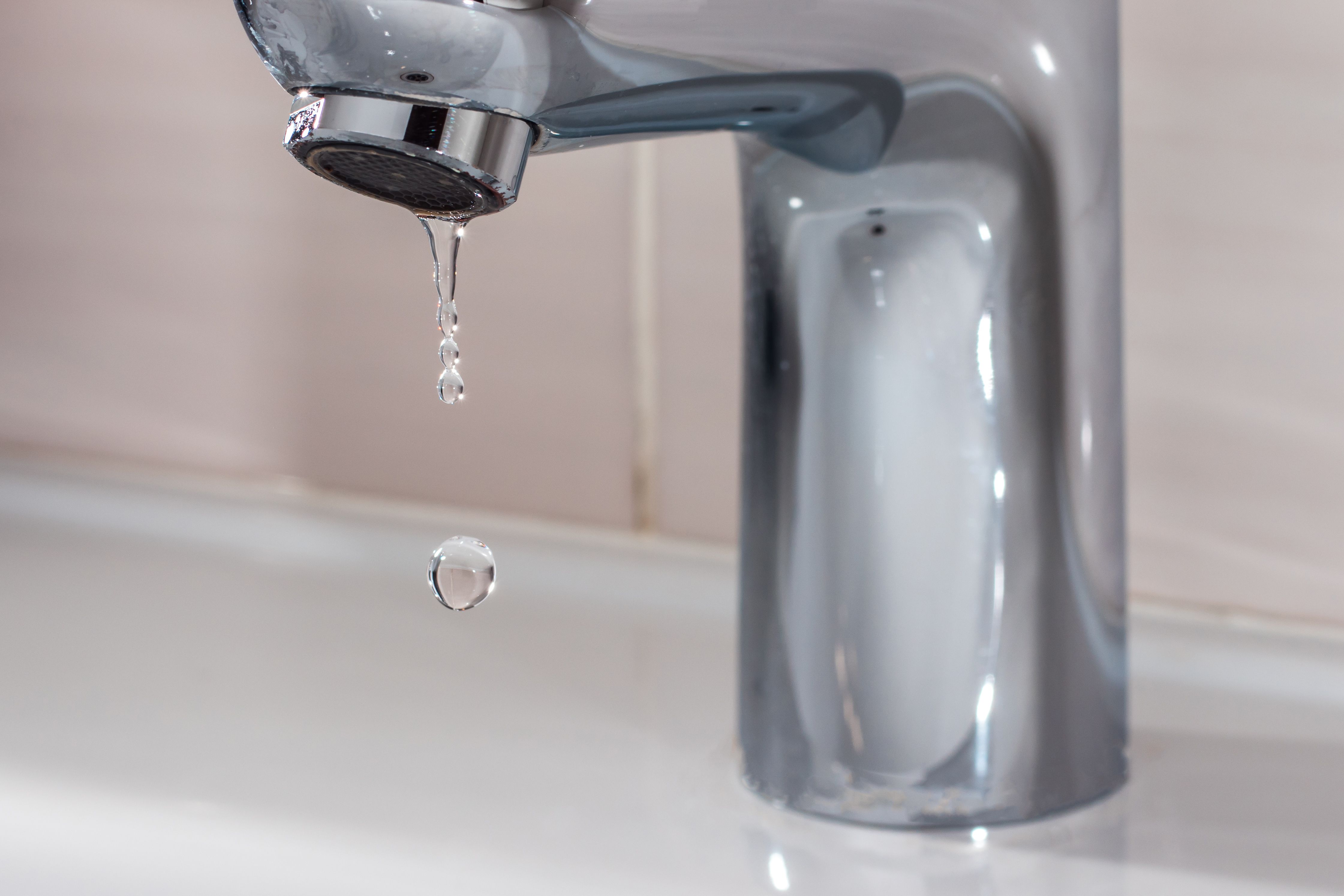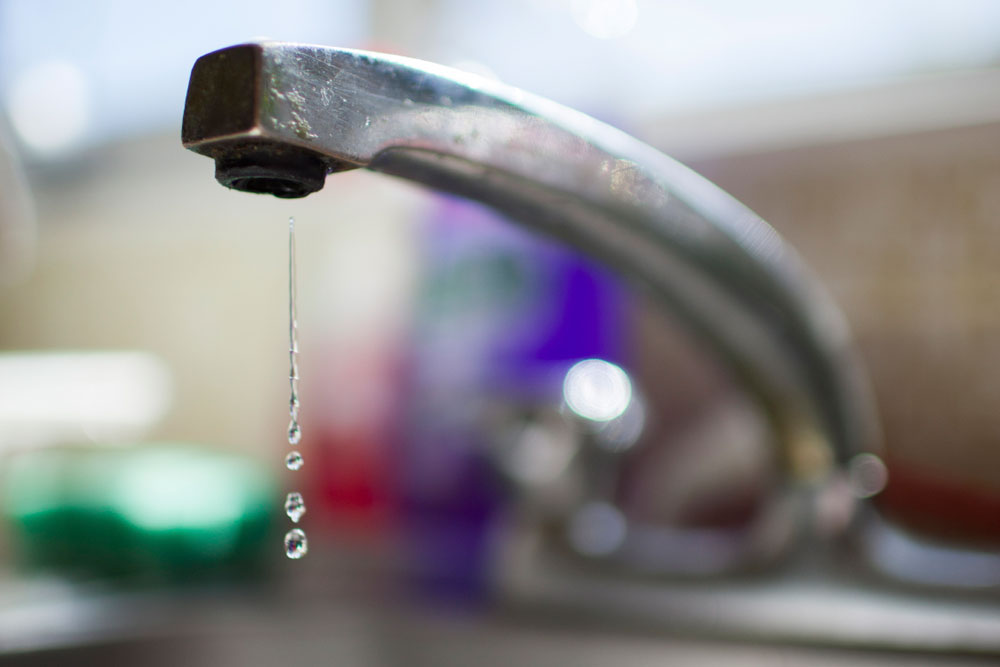Key 5 Reasons Behind Water Leaks
Key 5 Reasons Behind Water Leaks
Blog Article
Are you looking for know-how about Reasons for Water Heater Leaks?

"Be cautious of little costs. A tiny leak will sink an excellent ship." - Benjamin Franklin.
He couldn't have actually been much more right due to the fact that water leakages in our houses result in a waste of sources, enhancing our water costs. Although this boost may appear minimal initially, it can bring about substantial expenses that can break your bank. Apart from a boost in costs, water leaks likewise cause unwanted natural growth, structural damages, and even electric threats.
If you have a water leak isn't always very easy due to being unable to see many of the pipework in your residence, figuring out. If you have had a boost in your water expenses lately, observed water discolorations on ceilings and wall surfaces, scented lousy smell, and so on. You might intend to think about requesting plumbing services to get it looked into.
There are several sources of water leakages, and we have compiled the typical reasons below. Check to see if you have had related issues in your home lately.
Clogged drains pipes
Food fragments, dust, as well as grease can trigger stopped up drains pipes as well as obstruct the flow of water in and out of your sink. If undealt with, enhanced stress within the gutters can finish as well as create an overflow up breaking or bursting pipes. To stay clear of clogged drains in your house, we encourage you to prevent pouring fragments down the drain and routine cleansing of sinks.
High water stress
You observed your house water pressure is higher than common however then, why should you care? It's out of your control.
It would certainly be best if you cared since your average water pressure should be 60 Psi (per square inch) and also although your home's plumbing system is developed to withstand 80 Psi. An increase in water pressure can place a pressure on your residence pipes and cause fractures, or worse, burst pipelines. Get in touch with an expert about managing it if you ever see that your house water pressure is greater than usual.
Deterioration
As your pipework ages, it obtains weak as well as more prone to rust after the frequent flow of water through them, which can eat away at pipes and also cause fractures. A visible sign of rust in your house plumbing system is staining and also although this might be tough to spot due to most pipelines hidden away. Once they are old to make certain a sound plumbing system, we suggest doing a regular check-up every few years and alter pipelines
Deteriorated pipeline joints
Pipe joints are the parts of our plumbing system where the pipes connect. It is important to note that even though pipes are designed to withstand stress and also last for a while, they weren't created to last forever; consequently, they would certainly wear away over time. An usual sign of damaged pipe joints is extreme sound from taps.
Damaged seals
One more root cause of water leakages in houses is damaged seals of residence devices that utilize water, e.g., a dishwashing machine. When such home appliances are set up, seals are installed around water connectors for very easy flow of water with the device. Hence, a broken seal can trigger leakage of water when in use.
With little or no understanding of plumbing, understanding your residence's plumbing system adequate to take care of a few of these problems (without consequence) can be a trouble. Contact plumbing professionals in Pittsburgh, Providence, Rochester, and environ today, and they'll make those concerns vanish.
He couldn't have been extra ideal due to the fact that water leakages in our homes result in a waste of sources, boosting our water costs. If you have had a rise in your water expenses lately, saw water stains on ceilings and also wall surfaces, smelt lousy smell, etc. A rise in water pressure can place a stress on your residence pipes and also lead to cracks, or even worse, burst pipes. Another reason of water leaks in residences is broken seals of residence appliances that make use of water, e.g., a dishwashing machine. When such appliances are mounted, seals are installed around water adapters for easy flow of water through the equipment.
5 TIPS IN DETECTING A WATER LEAK IN YOUR HOUSE
Water leaks can be hard to find in your home, yet they can be so common. We rely on water every day in our home, which is why a leak can cause big problems. By detecting them early, you can save money and further damage, getting the problem fixed as soon as possible. Here are 5 tips to help you detect a water leak in your home, so you can contact a plumber straight away and get the issue sorted.
Check your water meter
Many people underestimate the value of the water meter in their home. It can be one of the best ways to tell if you have a leak early on, so you can get on top of it before issues start arising. Start by turning off all the water in your home: taps, washing machine, dishwasher, etc. Now take a look at the meter – if it’s still changing with everything turned off, it’s likely you have a fast-flowing leak that you need to get on top of straight away. If nothing changes, then leave your meter for an hour or two and come back to it. Did it change in this time? It’s likely you have a slower leak, which isn’t as urgent but still handy to get fixed so it doesn’t become a bigger problem.
Keep an eye on your bill
Another good way to detect a leak in your home is by keeping an eye on your water bill. It helps if you have a past bill from the same period of time. You can compare like for like and determine whether your water usage has increased significantly. If it has, there may be a leak in your system that you haven’t picked up before. A professional plumber can check through all of your pipes and determine where it is coming from.
Look for damage
If you have a leak inside your home, you will notice damage over time. Take a look at your showers and bathtubs and note whether any of the tiles surrounding the area seem to be discoloured or damaged in any way. There may be water stains, mould or peeling material that has resulted from a build up of moisture over time. Make sure you take a look under sinks at the back of cupboards that don’t get accessed regularly. This is where damage can go unnoticed and build up over periods of time.

I found that blog post about How to Find and Prevent Water Leaks in Your Home while surfing around the internet. Feel free to take the opportunity to distribute this entry if you appreciated it. I praise you for your time. Come back soon.
Quick relief? Dial! Report this page